I wish I could say that Mary, mother of God, riding a horse through a wall of fire was the worst thing about Netflix’s Mary. As an unrepentant fan of some truly unrealistic films, I can forgive a lot of entertaining embellishment in a movie. But, watching the film, the cinematic choices felt more like promotion for a conservative Christian nationalist agenda.
As a biblical scholar who has published widely on the representation of the New Testament on film, and on Christian antisemitism, I was looking forward to watching Mary. I felt hopeful that it would avoid many of the pitfalls of previous films.
In its favour, the film draws on some underrepresented sources for Mary’s birth, childhood and early life. Director D.J. Caruso has said that along with the canonical gospels and the ancient Jewish historian Josephus, he relied on a text called the Proto-Gospel of James for much of Mary’s backstory.
That text, composed in the 2nd century AD, contains an account of Mary’s own immaculate conception and describes how her parents dedicated her to serve in the Jerusalem temple.
While this account describes Mary living in the temple from the age of three and weaving the temple curtain, there is no clear evidence that anyone actually lived inside the temple — let alone, as the film depicts, a crowd of Handmaid’s Tale-esque young women.
My critiques of Mary centre around two themes. One is the way it perpetuates conservative ideals around women and gender. The other is its misrepresentations of Jews and Judaism.
Patriarchal values
Throughout the film, motherhood is venerated in ways that align with conservative values. In a TV interview with Christian Channel, Caruso said that he wanted to present Mary as a role model for young women today and to applaud her choice to accept God’s annunciation of her pregnancy.
Wikimedia Commons
However, neither Luke’s gospel nor the film present Mary with a meaningful choice in this. The angel Gabriel’s pronouncement cannot be resisted, as the biblical Mary recognises with her admission of being the slave of God, and therefore subject to his will.
The trope of an unwed teenager (the film presents Mary as a teen, despite the Bible itself not giving her age) carrying an unexpected pregnancy to term, certainly aligns with right-wing Christian anti-choice rhetoric.

Looking for something good? Cut through the noise with a carefully curated selection of the latest releases, live events and exhibitions, straight to your inbox every fortnight, on Fridays. Sign up here.
Depictions of Jewish people
Mary also features problematic representations of Jewish people. Aside from the over-the-top hats worn by the temple priests, the film insists on Christian exceptionalism – that Jesus and his family were radically different from Jews of their time.
Like many films about Jesus’s life, Mary misrepresents Jews as focused on the wrong things. For example, only Mary, played by Noa Cohen, thinks to share the temple’s wealth with the poor. And only Joseph (Ido Tako) comes to her defence against those Jewish characters who would uphold “the law”.
One especially problematic scene shows a pregnant Mary being chased through the streets by a Jewish mob yelling “zonah” (prostitute). At this and several other points, characters note how according to “the law” Mary should be stoned to death.
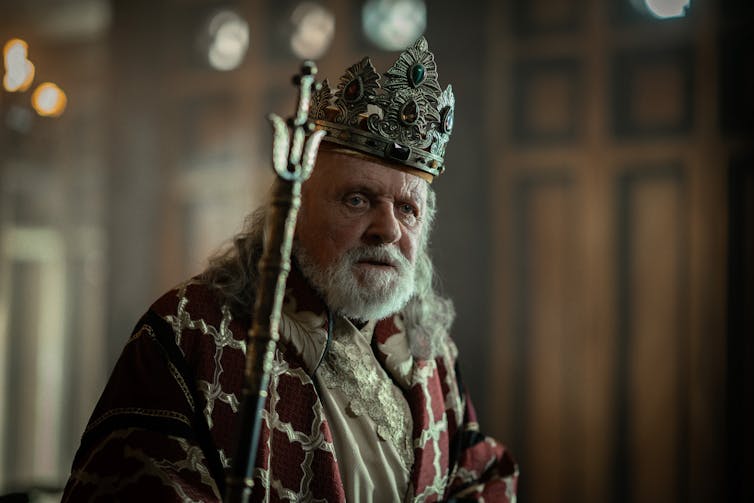
Christopher Raphael/MM FILM LLC
This idea of Jewish law as cruel and violent is an age-old stereotype. In reality, those applying the law often went to extreme lengths to avoid a death penalty. But what makes this scene worse is that the would-be murderers yell in Hebrew.
The language is hardly used elsewhere in the film and so sets the crowd apart as distinctly Jewish. The murderous Jewish mob is a dangerous trope with a long history in Christian antisemitism. The mob foreshadows the Jewish crowd calling for Jesus’s execution in front of Pilate and the antisemitic charge of deicide – killing God in the form of Jesus – against the Jews.
Right-wing funding
Joel Osteen, a mega-church pastor and televangelist renowned for promoting a prosperity gospel (the belief that financial blessings and physical wellbeing reflect the favour of God), is an executive producer of the film. Mary also claims input from faith leaders across a range of Christian denominations, as well as other religions.
However, only one religious expert is listed on the film’s credits. Adam W. Schindler is listed as the consultant “biblical scholar,” but describes himself on his website as a pastor and digital strategy consultant.
Schindler also holds a leadership position in the America First Policy Institute (AFPI). AFPI is a right-wing thinktank launched in 2021 by former Trump administrators in order to promote Trump’s policies.
Several AFPI members have now accepted leadership positions in president-elect Donald Trump’s cabinet. It is this organisation, perhaps more than the infamous Project 2025, that seems to be providing policy input for Trump.
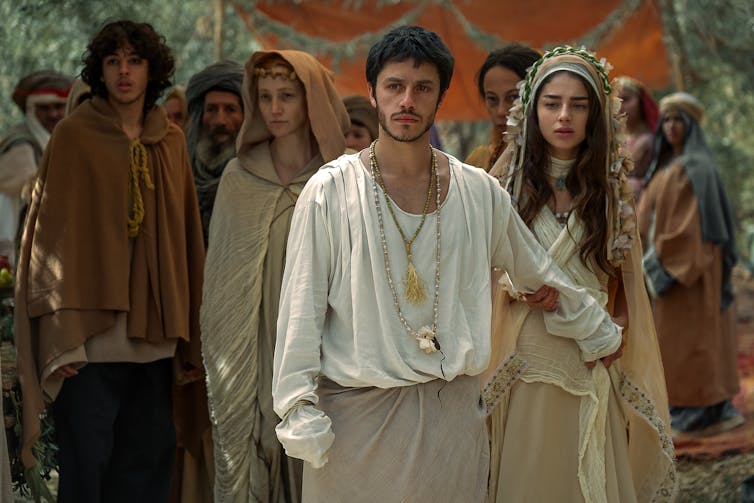
Christopher Raphael/MM FILM LLC
As part of this, AFPI has published an 80-page booklet outlining the ten biblical pillars to restore America to its so-called Judeo-Christian foundations. This includes opposing abortion and comparing abortion to infanticide, declaring unconditional support for the state of Israel, promoting conservative understandings of gender as a binary and repeating the tired myth about Christians being widely persecuted in America. It is no wonder, then, that Mary leans in to many of these conservative talking points.
The story of a Palestinian mother who gave birth in a ruined building, on the run from murderous soldiers, could have been timely and important. Instead, Mary reinforces many dangerous stereotypes that have historically led to violence against to Jews, while avoiding showing the holy family’s embrace of Jewish practices. For Netflix to have so clearly missed the mark is disappointing.
D.J. Caruso, Adam W. Schindler and Netflix did not respond to a request for comment.

The post “as a Biblical scholar, I can’t recommend this right-wing funded Netflix biopic” by Meredith Warren, Senior Lecturer in Biblical and Religious Studies, University of Sheffield was published on 12/09/2024 by theconversation.com



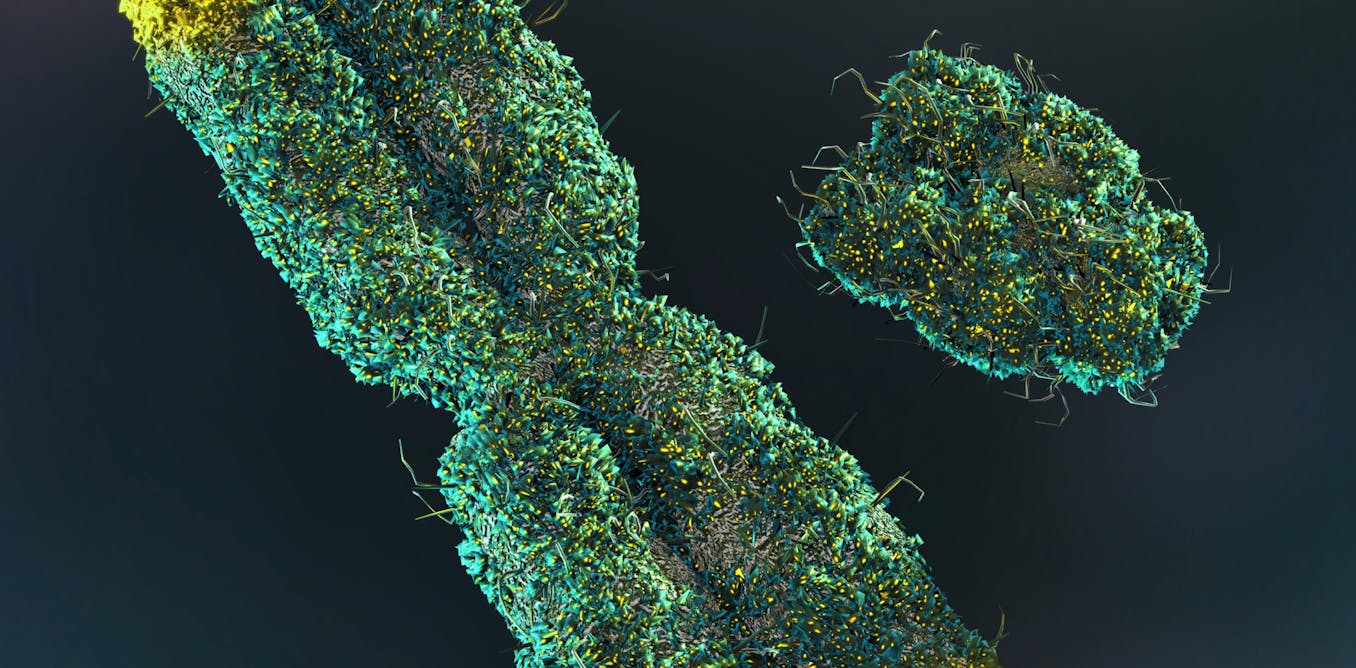
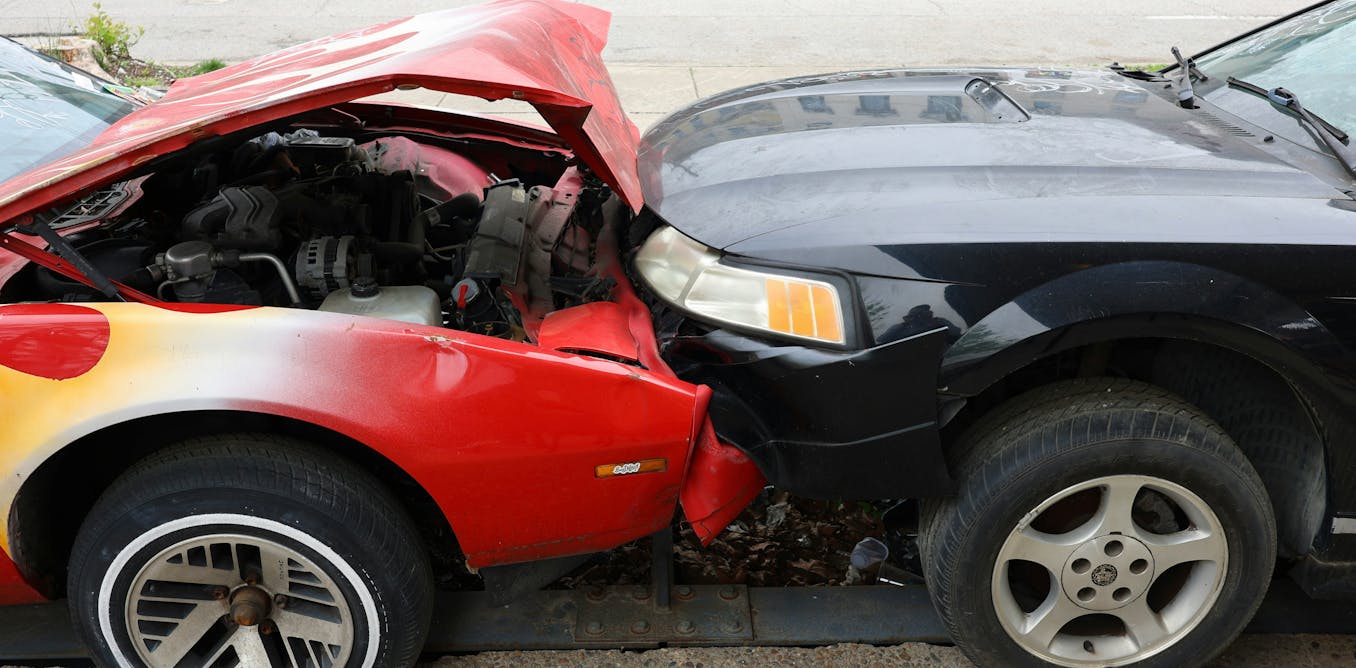

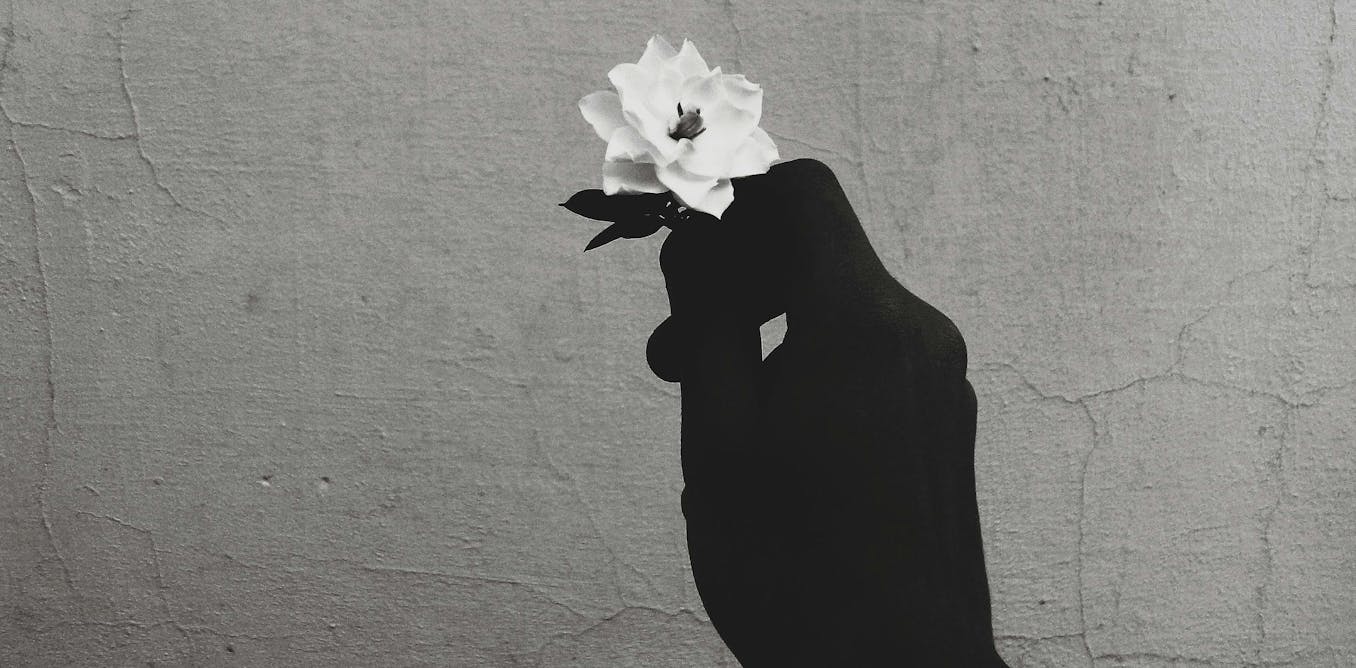




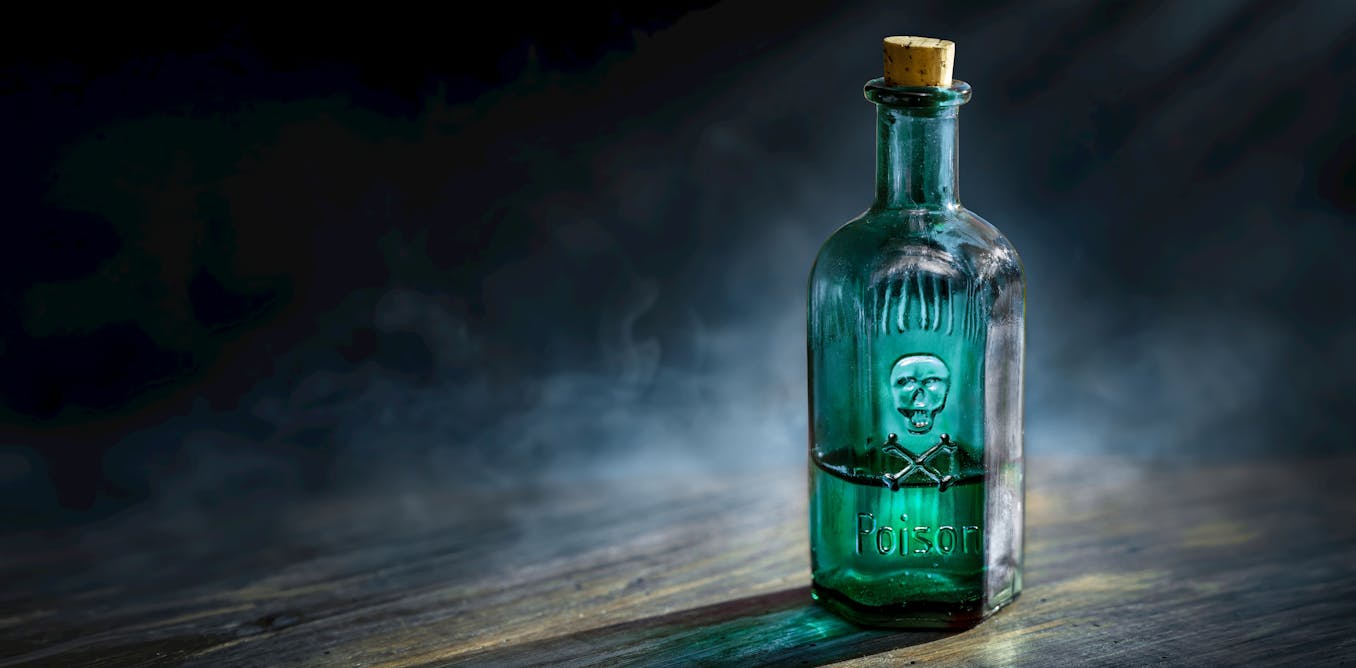






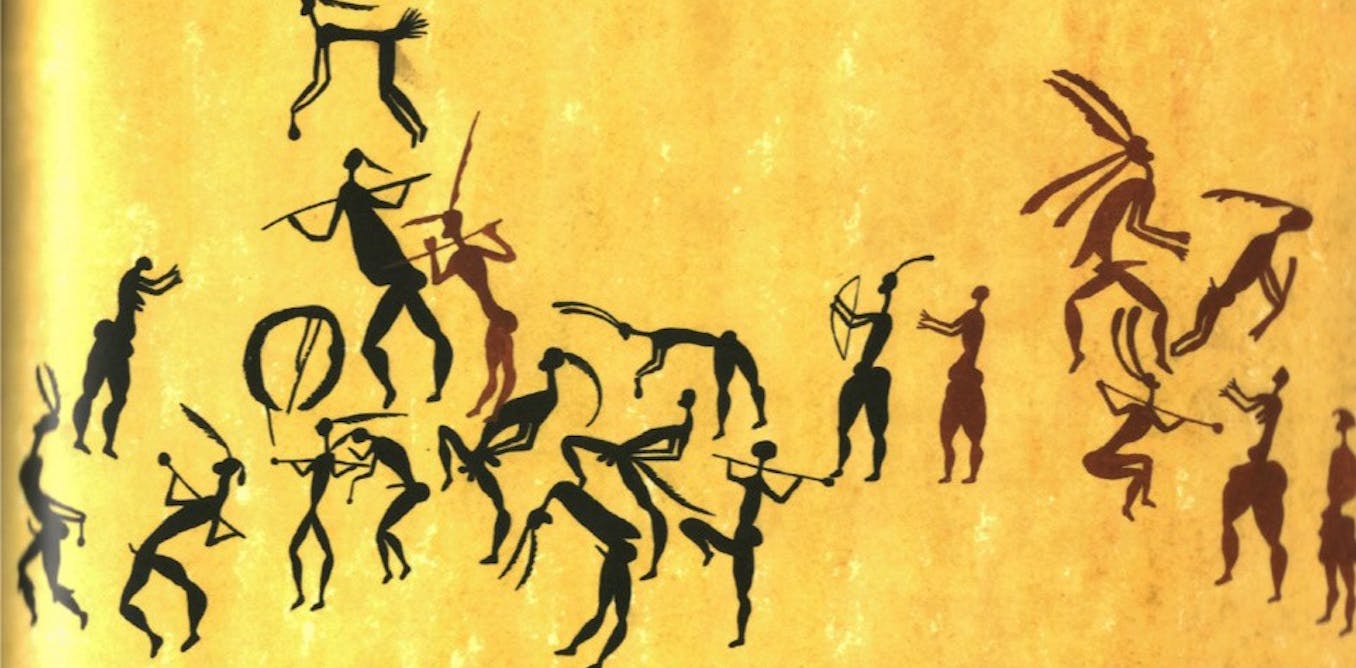

















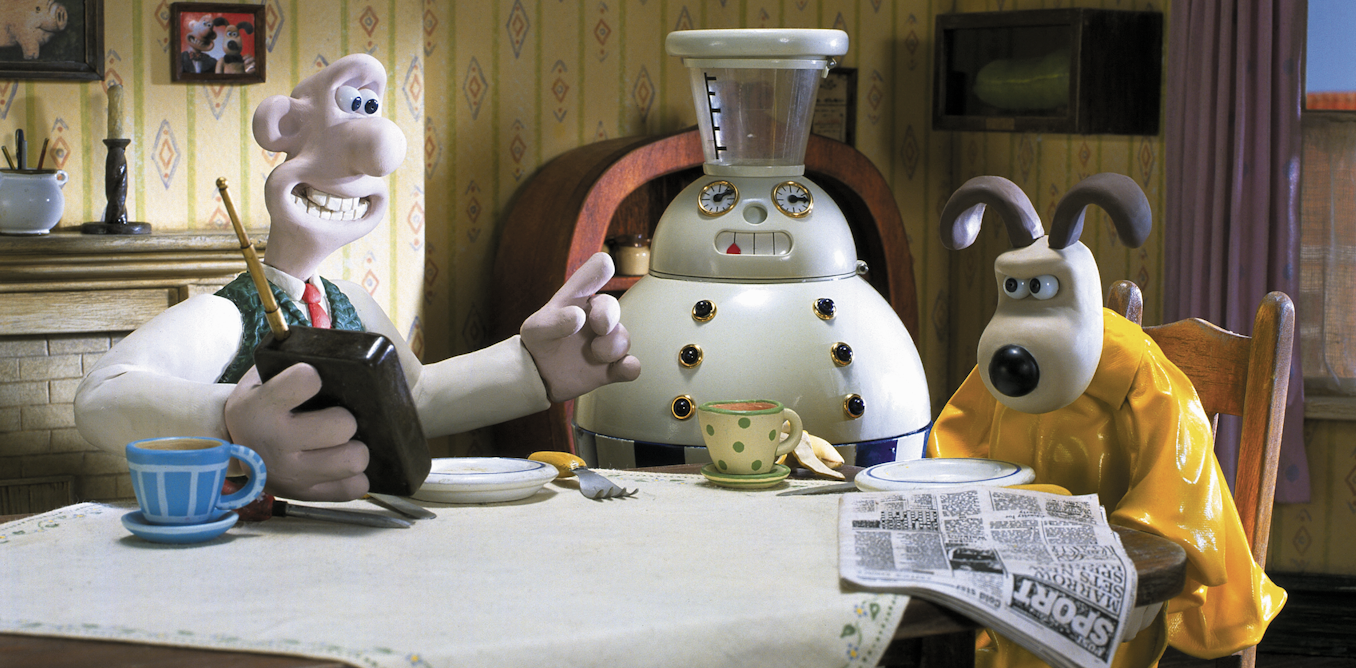
Leave a Reply